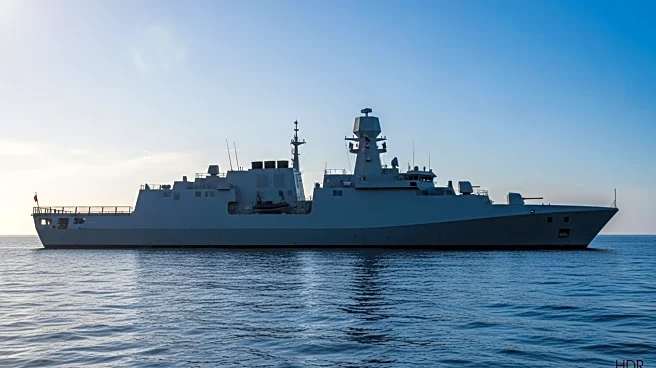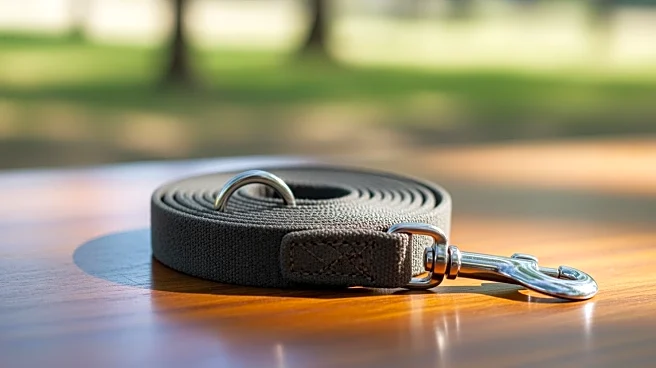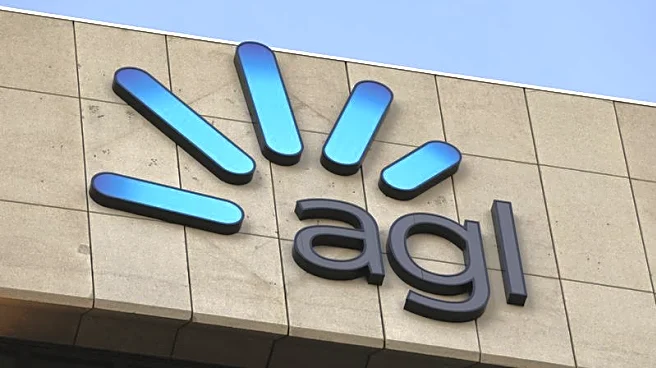What's Happening?
Norway's government has announced plans to order a new fleet of British-made ships for its Navy, marking a significant step in strengthening its maritime defense capabilities. This decision follows a competitive bidding process involving designs from Germany, France, Britain, and the United States. The selected BAE Systems T-26 City-class frigates were heavily promoted by British officials, aiming to boost Scotland's shipyard industries and achieve economies of scale. Prime Minister Jonas Gahr Stoere emphasized the importance of these frigates in protecting Norway's sovereignty, especially in light of increased defense spending due to the Russian invasion of Ukraine and President Trump's demands for NATO allies to bolster their military power.
Why It's Important?
The acquisition of British-made frigates represents a strategic partnership between Norway and the United Kingdom, potentially enhancing military cooperation and economic ties. This move is significant for Norway as it seeks to bolster its defense capabilities amidst geopolitical tensions in Europe, particularly with Russia. The decision also highlights the UK's role in the global defense industry, potentially benefiting its shipbuilding sector. For NATO, Norway's increased defense spending aligns with broader efforts to strengthen collective security in response to external threats.
What's Next?
Norway will enter final contract negotiations following the government's decision, although financial details and the number of frigates to be ordered remain undisclosed. The outcome of these negotiations will determine the scale and timeline of the fleet's integration into Norway's naval forces. Stakeholders, including defense contractors and NATO allies, will likely monitor these developments closely, as they could influence future defense procurement strategies and international military collaborations.
Beyond the Headlines
This decision may have broader implications for Norway's defense policy and its role within NATO. By choosing British-made ships, Norway signals a preference for aligning with Western allies, potentially impacting its diplomatic relations with other European nations involved in the bidding process. Additionally, the focus on maritime defense underscores the strategic importance of naval capabilities in safeguarding national security and maintaining regional stability.











